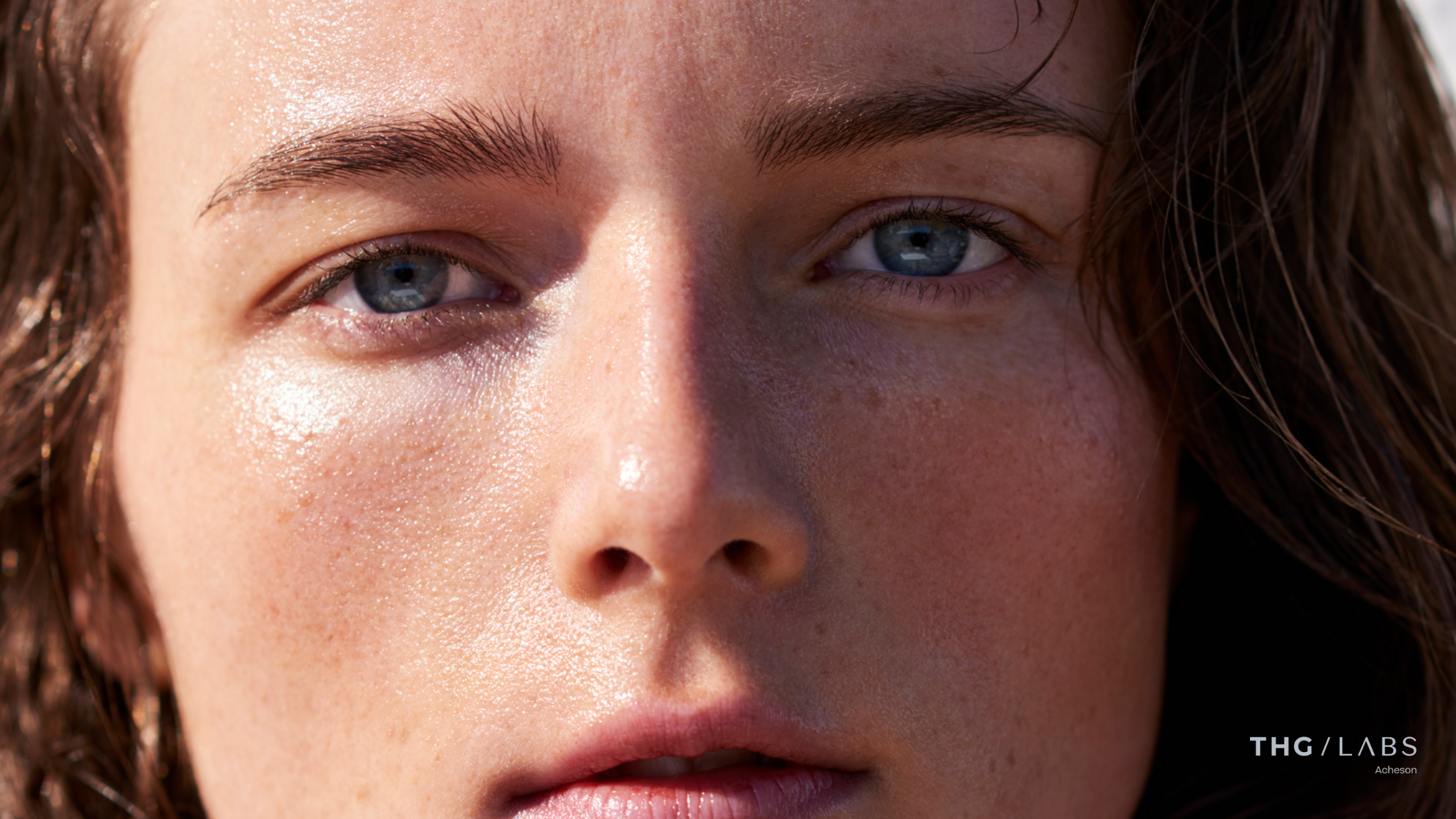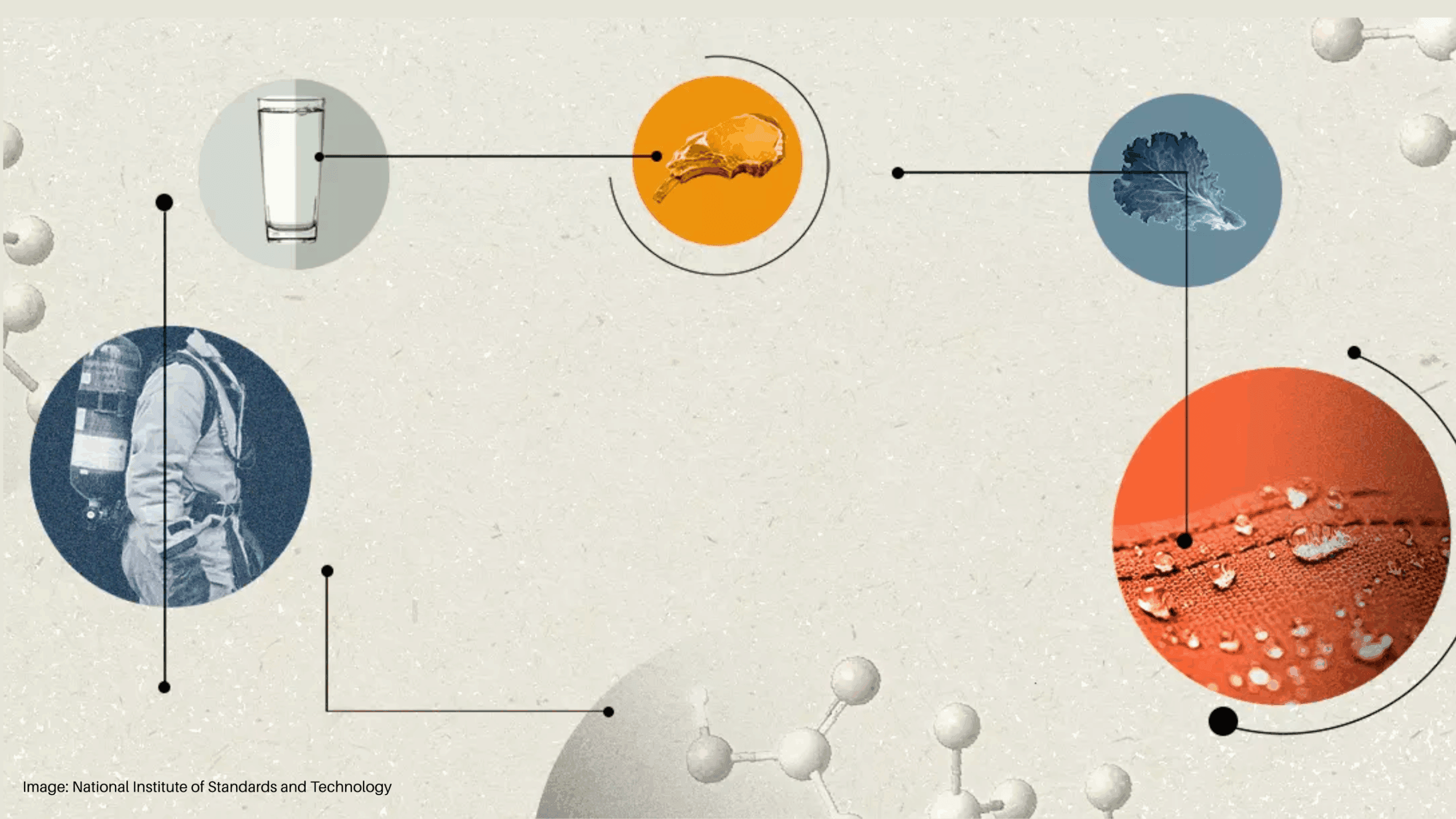In a new report, the Hut Group uncovers the key trends, drivers and trends aiding the growth of the already £582.2m self-tan market
Fake tan has been hitting shelves since the 1920s, with Coty bringing the first mass market bronzing body product to market in 1929.
More than nine decades later, consumers are still investing in ways to fake their bake. In fact, more people are investing in premium products, with market share increasing by close to 2% in the last two years.
Gone are the days of biscuit-smelling formulas and orange bed sheets though, today self-tan lovers are looking for products that work quickly, aid skin health, and can even help them sleep.
THG Labs’ The Sunless Tanning Trend Report spotlights consumer expectations, product formulations, and packaging priorities that are leading to the segment’s +4.3% annual growth rate.
Self-tan must go hand in hand with sustainability
It comes as no surprise that fake tan fanatics expect their products to be kind to the planet. According to the report, 73% of UK consumers want more information about product origins and 35% are willing to pay more for eco-conscious products.
The self-tan market is moving towards better practice when it comes to packaging, with over 44% of brands claiming to use environmentally friendly bottles, pumps and pouches. But, there’s still work to do in formulation, with lab-grown ingredients seen as the way to go.
People are looking for speedy application, with even faster development
‘In the fast-paced world, self-tan products must cater to on-the-go lifestyles with quick-fix options like sheet masks, wash-off tints, and shimmering finishers for an instant glow,’ the report reads.
Numerous beauty and tan-specific brands have launched SKUs from this realm, with Victoria Beckham Beauty launching a Golden Shimmer Body Oil in its Portofino ’97 scent and St Tropez offering a Self Tan Express Face Sheet Mask.
Consumers want tan that goes beyond the bronze
As people become increasingly educated in the power of specific skincare ingredients, they are searching for brands that combine tanning with ingredients for better skin.
‘Brands are now infusing their offerings with ingredients like hyaluronic acid, retinol, and Vitamin C, not only to tan but to nourish and protect the skin, making each application part of a comprehensive skin-care routine,’ uncovers the report, stating that over 20% of new product launches are formulated with sodium hyaluronate.
You can read the full report here.




